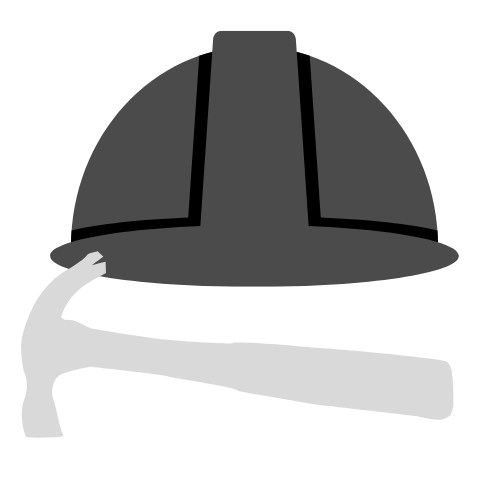Residential Remodeling
We Operate All Across Minnesota
Kitchens | Baths | Livingrooms
Kitchens
Baths
Livingrooms
Bring Your Vision to Life

Before

After
Kitchen Remodels
Bring a touch of elegance into your meal prep. Let our experts guild you through the remodel process from planning to execution.
Choose Your Style
From Old World Elegance to Contemporary Modern
Countertop Installation
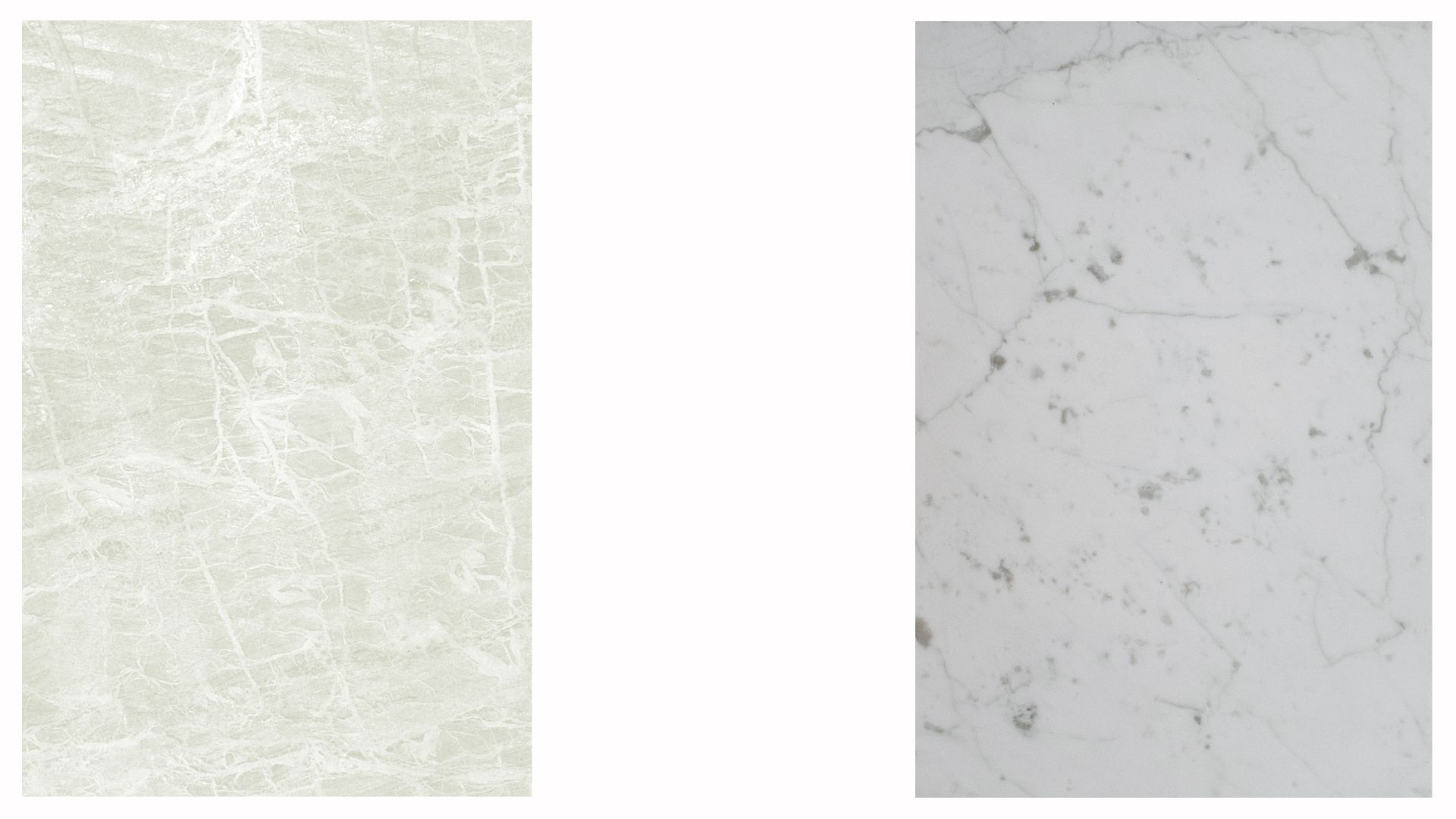
Replacing or installing new countertops made from materials like granite, quartz, marble, or laminate. This service involves precise cutting, fitting, and sealing to create a durable and aesthetically pleasing surface.
Flooring Replacement
Updating the kitchen flooring with materials such as hardwood, tile, vinyl, or laminate. This service involves removing old flooring, preparing the subfloor, and installing the new material with attention to durability and style.
Range Hoods
Installing or upgrading range hoods and ventilation systems to remove smoke, odors, and grease from the kitchen. This service ensures proper airflow, enhances kitchen safety, and matches the hood’s design to the kitchen’s style.
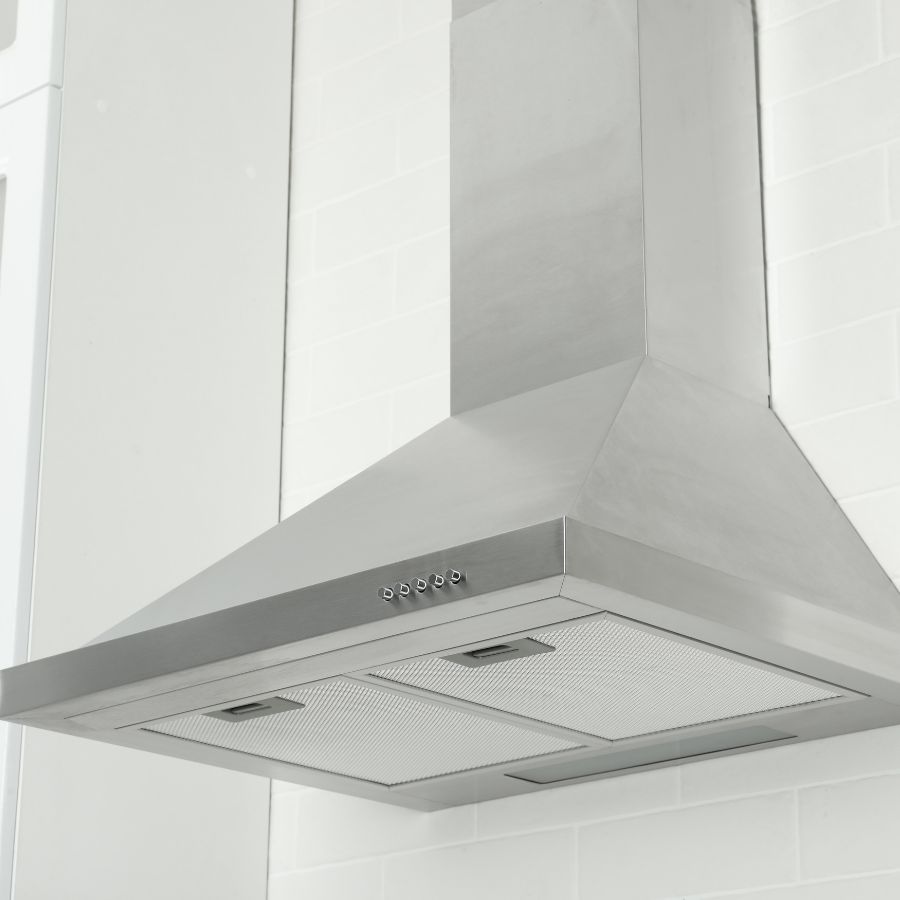
Backsplash Installation
Installing a backsplash behind countertops and around sinks to protect walls from splashes and spills. This service includes choosing materials like tile, glass, or stone and arranging them in patterns to complement the kitchen design.
Appliances
Professional appliance installation including: Refrigerators, Stoves, Ovens, Freezers, Dishwashers, and more.

Other Services
Electrical Upgrades
Updating the kitchen’s electrical system to accommodate new appliances, lighting, and outlets. This service includes rewiring, adding new circuits, and ensuring the kitchen meets modern electrical safety standards.
Painting
Applying fresh paint to walls, ceilings, and cabinets to refresh the kitchen’s appearance. This service includes selecting colors, prepping surfaces, and applying paint or finishes to achieve a polished, cohesive look.
Kitchen Islands
Lighting
Baths
Shower and Tub
Install & Replace
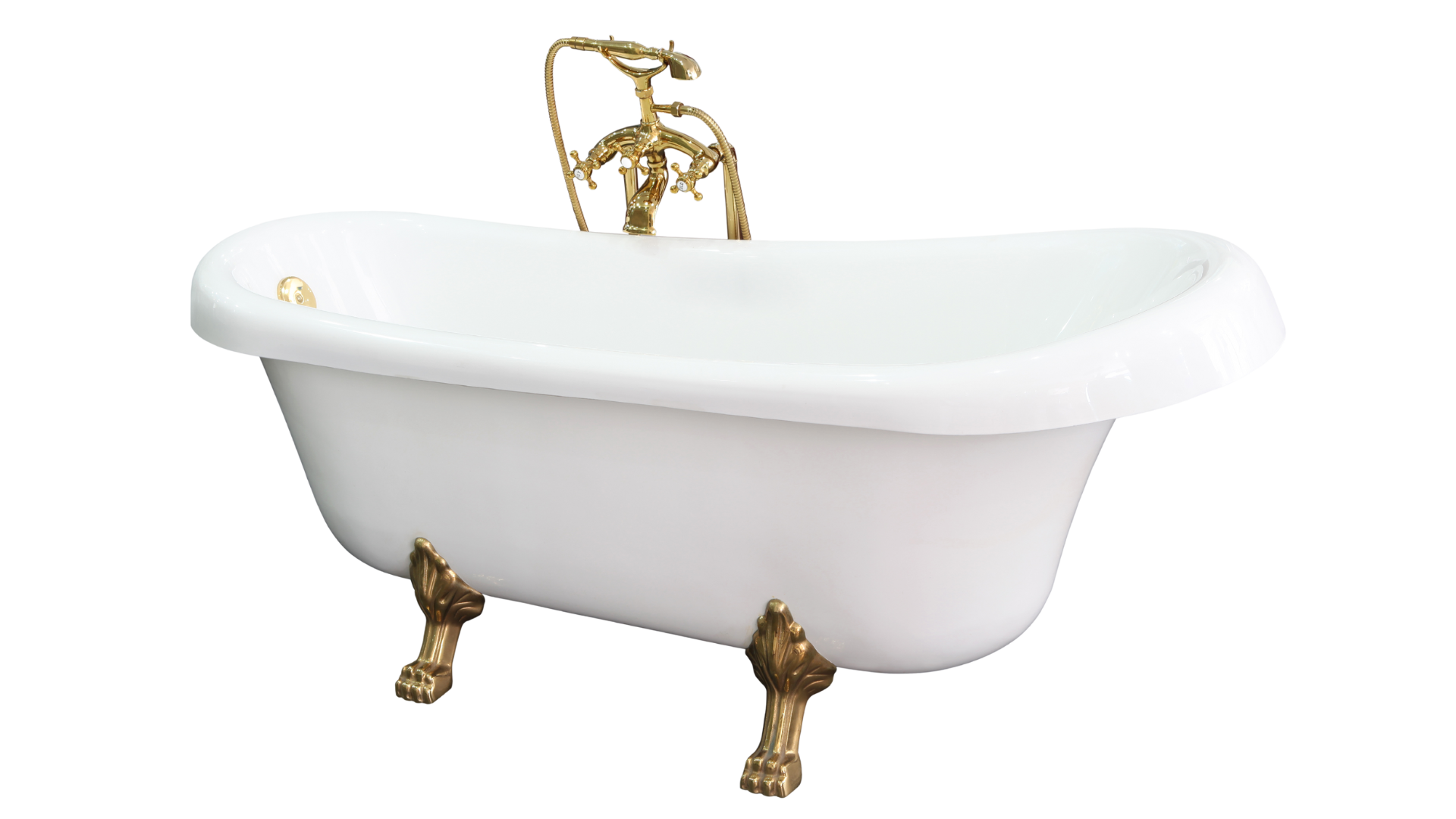
Sinks
Upgrade your bath with a variety of sink styles, both contemporary and classic
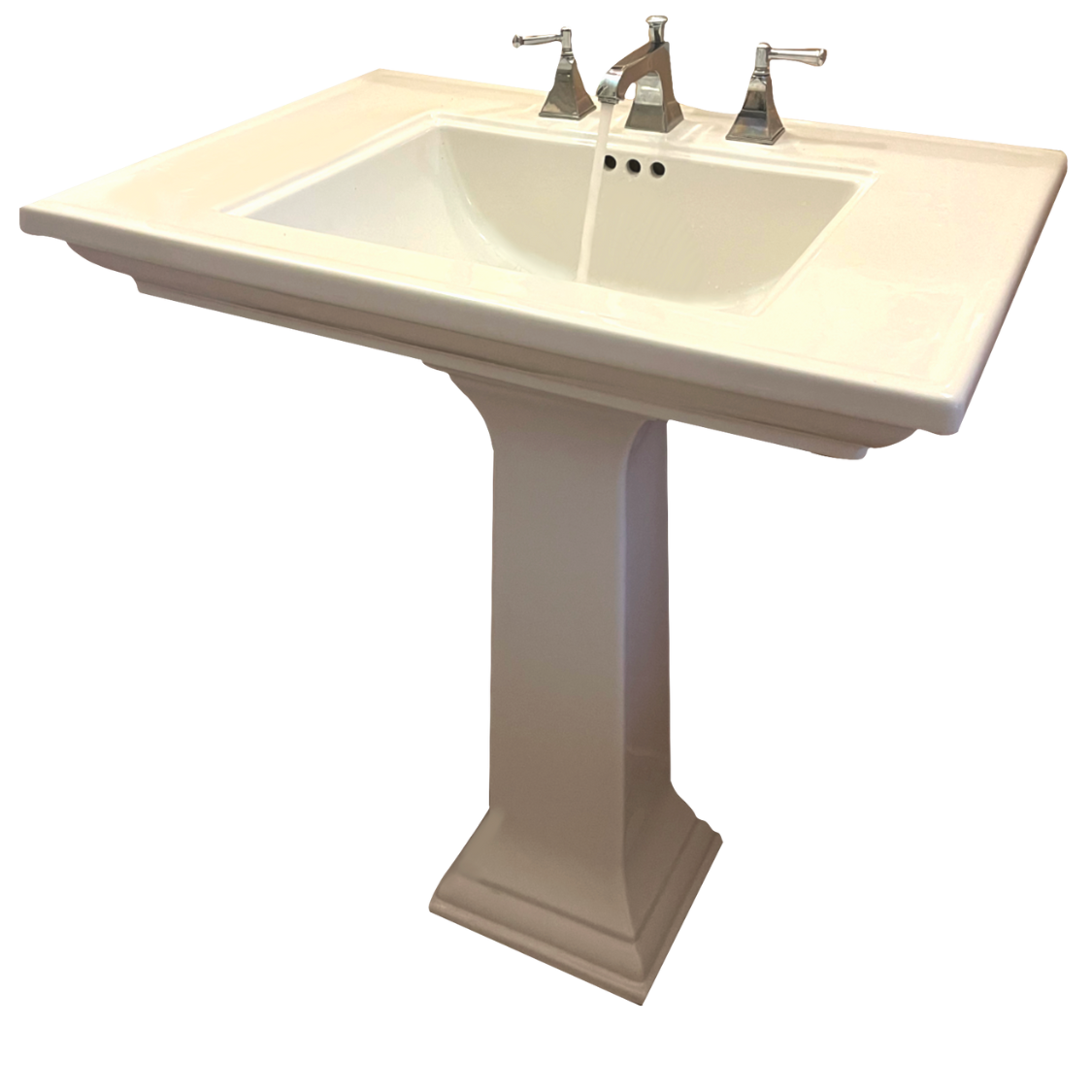
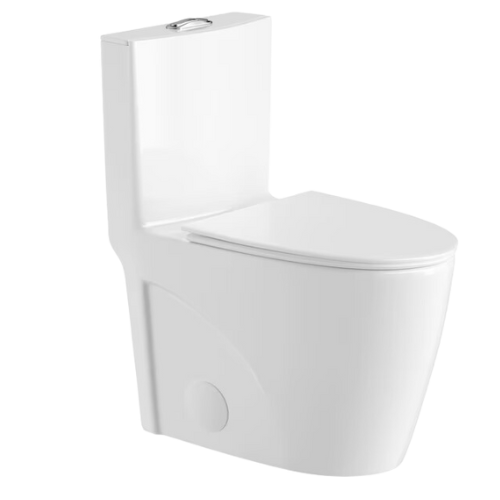
Toilets
Install
Repair
Replace
Upgrade
Plumbing
Sinks Tubs Showers Drains
Plumbing
- Sinks
- Tubs
- Showers
- Drains
Living Areas
Transform your space with style and elegance
Living Areas
Transform your space with style and elegance
Fireplaces
Traditional or Modern Install Replace Remove Repair
Our Process
Demolition
This stage involves removing existing fixtures, flooring, and possibly walls. Any old or outdated elements, such as built-ins, fireplaces, or wall coverings, are stripped away to prepare the space for new installations. Proper disposal of debris and preparation of the space for the remodel are crucial.
Construction
If the remodel includes structural changes, such as altering the layout, adding or removing walls, or expanding the space, this is the time to do so. This stage may involve framing, electrical and plumbing rerouting, and reinforcing the structure as needed.
Drywall
After structural changes and electrical work, insulation is installed to improve energy efficiency. This is followed by hanging drywall, taping, and mudding. Once the drywall is in place and smooth, it’s ready for painting or wallpapering.
Flooring
Installing new flooring, whether it’s hardwood, carpet, tile, or laminate. This stage involves leveling the subfloor, laying down the chosen flooring material, and adding baseboards and trim to complete the look. Proper installation ensures durability and enhances the room’s aesthetic appeal.
Painting
Walls, ceilings, and trim are painted, and any chosen finishes, such as wallpaper or decorative molding, are applied. This stage brings the design vision to life, setting the tone and style for the room. It’s also the time to install any built-in shelving or cabinetry.
Install Fixtures
Installing new light fixtures, ceiling fans, outlets, switches, and hardware such as door handles and window treatments. This stage also includes the installation of any media equipment, such as TVs, sound systems, or home automation systems.
Find Your Style
Modern
Characterized by clean lines, minimalistic design, and a neutral color palette, modern interior remodels focus on simplicity and functionality. Materials like glass, metal, and concrete are often used, with an emphasis on open spaces and natural light.
Contemporary
Contemporary style is ever-evolving, reflecting current design trends. It often includes a mix of old and new elements, bold colors, and innovative materials. This style embraces comfort and sophistication, with an emphasis on sleek, uncluttered spaces.
Traditional
Traditional interior remodels focus on classic design elements, including rich wood tones, ornate details, and elegant furnishings. This style often features symmetry, a neutral color palette, and decorative moldings and trims, creating a warm and inviting atmosphere.
Transitional
Transitional style blends modern and traditional elements, creating a balanced and harmonious look. It often includes a mix of contemporary furniture with classic details, neutral colors, and a focus on comfort and practicality.
Industrial
Industrial style draws inspiration from warehouses and urban lofts, featuring exposed brick, metal, and wood. This style emphasizes raw, unfinished materials, with an open floor plan, high ceilings, and large windows.
Scandanavian
Scandinavian style is known for its simplicity, functionality, and connection to nature. It features a light and airy color palette, often dominated by white, with natural wood accents. The design focuses on clean lines, minimalism, and practical, yet stylish, furnishings.
Farmhouse
Farmhouse style combines rustic charm with modern comforts. It often features reclaimed wood, vintage accessories, and a neutral color palette with pops of color.
Rustic
Rustic style embraces natural materials like wood, stone, and leather, creating a warm and earthy atmosphere. This style often includes exposed beams, rough-hewn wood furniture, and a color palette inspired by nature.
BOHO
Bohemian style is eclectic and free-spirited, characterized by a mix of patterns, textures, and colors. It often includes vintage furniture, global-inspired textiles, and an abundance of plants and accessories. The overall vibe is relaxed, artistic, and full of personality.
Mid-Century Modern
Inspired by the design trends of the 1950s and 1960s, Mid-Century Modern style features clean lines, organic shapes, and functional furniture. of natural and manufactured materials.
Coastal
Coastal style is inspired by the beach and ocean, featuring light, airy spaces with a focus on natural light and sea-inspired colors. White, blue, and sandy beige are common in this style, along with natural materials like wicker, linen, and driftwood.
Minimalist
Minimalist style focuses on simplicity and decluttering, with a “less is more” approach. It emphasizes clean lines, open spaces, and a neutral color palette, often with an emphasis on black, white, and gray.
Eclectic
Eclectic style is all about mixing and matching different styles, eras, and influences to create a unique, personalized space. It’s characterized by bold color choices, diverse furniture styles, and a variety of textures and patterns.
Art Deco
Art Deco style is glamorous and luxurious, characterized by bold geometric patterns, rich colors, and lavish materials like marble, glass, and brass. This style often includes intricate details, mirrored surfaces, and a sense of opulence.
Mediterranean
Mediterranean style draws inspiration from the coastal regions of Spain, Italy, and Greece. It features earthy tones, textured walls, arched doorways, and decorative tiles. The design often incorporates wrought iron, rustic wood, and terracotta elements, creating a warm and inviting environment.
Victorian
Victorian style is ornate and elaborate, featuring rich colors, intricate patterns, and luxurious fabrics. This style often includes heavy drapery, antique furniture, and decorative elements like crown moldings, wainscoting, and chandeliers.
Flooring Options
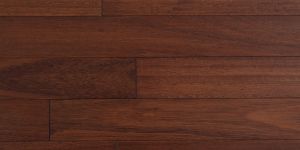
Hardwood
Hardwood floors are highly durable, offering a timeless and classic look that adds warmth and value to a home. They can be sanded and refinished multiple times, making them a long-lasting option. Hardwood is available in various species, finishes, and colors, allowing for customization to match any interior style.
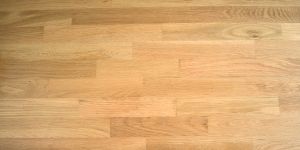
Laminate
Laminate flooring is a cost-effective alternative to hardwood, designed to mimic the appearance of wood, stone, or tile. It’s highly durable, scratch-resistant, and easy to maintain. Laminate is also simple to install, often featuring a click-and-lock system that doesn’t require nails or glue.
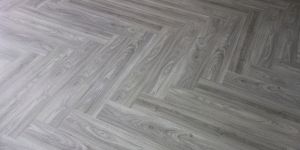
Vinyl
Vinyl flooring is water-resistant and highly durable, making it ideal for kitchens, bathrooms, and basements. Luxury vinyl tile (LVT) or plank (LVP) can mimic the look of natural wood or stone at a lower cost. It’s also softer underfoot and provides some insulation, making it comfortable to walk on.
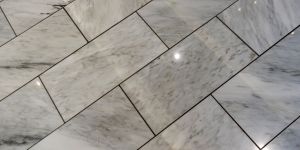
Tile
Tile flooring is incredibly durable, water-resistant, and easy to clean, making it perfect for bathrooms, kitchens, and high-traffic areas. Porcelain tiles are denser and more water-resistant than ceramic, but both are available in various colors, sizes, and patterns, allowing for creative design options.
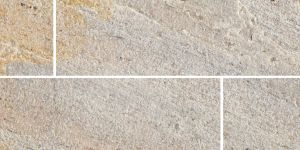
Stone
Natural stone flooring offers unparalleled beauty and uniqueness, with each stone tile having its own distinct pattern. Stone is extremely durable and can last a lifetime with proper care. It’s ideal for creating luxurious and high-end spaces and is resistant to scratches and wear.

Carpet
Carpet provides warmth, comfort, and sound insulation, making it a popular choice for bedrooms and living rooms. It’s available in a wide range of colors, textures, and patterns, allowing for customization. Carpet is also relatively easy to install and can be a more affordable flooring option.

Concrete
Concrete flooring is highly durable, low-maintenance, and can be customized with stains, dyes, and textured finishes to create a unique look. It’s also an excellent choice for radiant floor heating and is suitable for both indoor and outdoor spaces. Concrete is environmentally friendly and can last for decades.
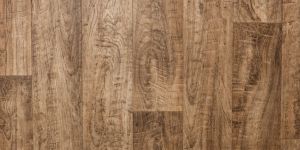
Linoleum
Linoleum is an eco-friendly flooring option made from natural materials like linseed oil, cork dust, and wood flour. It’s durable, resilient, and offers natural resistance to bacteria and allergens. Linoleum comes in a variety of colors and patterns, and its ability to bounce back from minor dents makes it a practical choice for high-traffic areas.
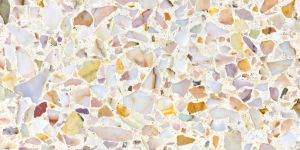
Terrazzo
Terrazzo is a composite material made from chips of marble, quartz, granite, and glass set in cement or resin. It’s highly durable, low-maintenance, and offers a distinctive, luxurious appearance. Terrazzo is also eco-friendly, as it can be made from recycled materials, and it’s suitable for both residential and commercial applications.
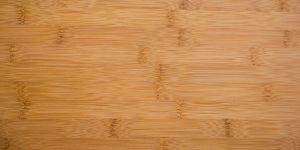
Bamboo
Bamboo is an eco-friendly and sustainable flooring option, known for its strength and durability. It offers a unique and modern aesthetic, with a similar appearance to hardwood. Bamboo is resistant to moisture and can be a good choice for areas with high humidity.
FAQ's
How long does a residential remodeling project take?
The timeline for a residential remodeling project varies based on the scope of work. Small projects, like a bathroom remodel, might take a few weeks, while larger projects, like a full home renovation, could take several months. We provide a detailed timeline after assessing your specific needs and project scope.re.
Do I need to remove out during the remodeling project?
t depends on the extent of the remodel. For smaller projects, it may be possible to stay in your home with minimal disruption. However, for larger projects, especially those involving multiple rooms or critical areas like the kitchen or bathrooms, temporary relocation might be advisable for your comfort and safety. We work with you to develop a plan that best fits your living situation.
Can you help with the design of my remodel?
Yes, we offer comprehensive design services, including space planning, interior design, and architectural services. Our design team collaborates with you to create a vision for your remodel that meets your aesthetic preferences and functional needs.
What should I consider before starting a remodeling project?
Before starting a remodeling project, consider:
- Your budget: Determine how much you’re willing to spend and prioritize your needs.
- Your goals: Define what you want to achieve with the remodel (e.g., more space, updated design, increased home value).
- Timeline: Consider how long you’re willing to live with the disruptions that remodeling may cause.
- Style preferences: Think about the design elements you love and how they fit into your overall vision for the home.
- Professional help: Decide whether you need design assistance or if you’re handling some aspects of the remodel yourself.
Do I need a permit for my commercial remodeling project?
Yes, most commercial remodeling projects require permits to ensure that the work complies with local building codes and regulations. We handle the permitting process for you, ensuring that all necessary approvals are obtained before work begins.
How do I choose the right materials for my remodeling project?
Choosing the right materials involves balancing aesthetics, durability, and budget. Our design team can guide you in selecting materials that meet your design preferences and functional needs while staying within your budget. We also consider factors like maintenance requirements and longevity to ensure you make informed decisions.
